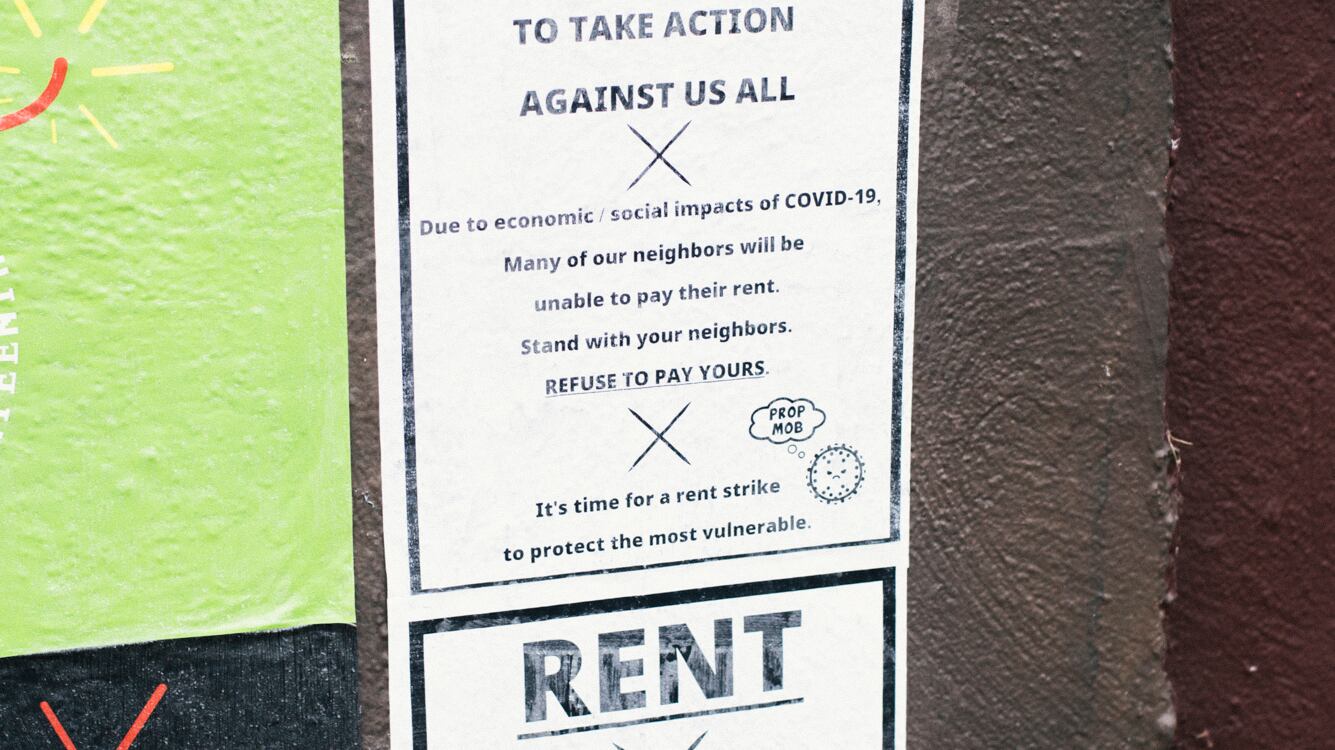As an aggressive advocate for residential tenants' rights, Margot Black, a co-founder of Portland Tenants United, is often at war with Multifamily NW, which represents landlords.
But as Black and the landlords' group have watched the COVID-19 pandemic cost tens of thousand of renters their jobs, they've come to the same conclusion: They want government to act faster and more aggressively.
In a piece she penned for Medium on March 23 and on the Facebook page of her campaign for Portland City Council, Black has pushed hard for policies that would shelter tenants from the economic fallout of the pandemic.
So far, the city of Portland and Multnomah County have issued a prohibition on evictions; Gov. Kate Brown has ordered a 90-day moratorium on commercial evictions; and yesterday, the City Council called on state and federal governments to order a rent amnesty for April and May.
"Portland City Council stands in solidarity with renters, homeowners, and business owners struggling to stay in place during this time of crisis," the council wrote. "We hear the concerns raised by so many of our constituents and call on our fellow elected officials at the state and federal levels to take action: Forgive all rent and mortgage payments for renters and businesses whose income or expenses have been substantially impacted by COVID-19."
Black, who pushed for council action after the Seattle City Council passed a resolution on rent amnesty March 30, says she'd like to see more: Specifically, she'd like the Oregon Legislature to grant cities more authority to shield tenants from rent increases for the rest of this year.
A statewide rent control measure that passed last year prohibits cities from acting on their own and still permits hefty rent increases.
"The state needs to give cities the regulatory rules they need right now," Black says.
Not surprisingly, Multifamily NW sees the rent amnesty that the City Council and Black support as a nonstarter.
"The city of Portland's call for waiving all rent and mortgage payments for renters and businesses whose income or expenses have been substantially impacted by COVID-19 is not in any way a viable solution to this crisis, and it reveals a deep misunderstanding of how our housing and financial systems work. If enacted, the consequences would be dire," Multifamily NW executive director Deborah Imse wrote to Brown, Oregon's congressional delegation and lawmakers today.
"Most large multifamily developments are not financed through Fannie Mae or Freddie Mac. Rather, they are financed through a range of sources, including investment banks, private individuals, private equity firms and public pension systems like PERS. Oregon government has neither the authority nor financial wherewithal to restructure or back these investments in the way that the city is proposing."
But like Black, Imse wants Brown and lawmakers to step in, forcefully and now.
"We believe that the only way for the state of Oregon to preserve housing stability for families is through a dramatic short-term expansion of the Rental Assistance Vouchers program," Imse wrote. "Make no mistake about the size of this need—our industry's initial calculations show that an infusion of $350 million per month will likely be necessary for the duration of this crisis. This should be your first and highest priority with regard to allocation of funds provided through the Federal CARES Act."
The CARES Act is the $2 trillion relief package President Donald Trump signed into law last week. U.S. Sen. Ron Wyden (D-Ore.) was one of the principal negotiators of that package. His office estimates it will bring $3.3 billion to Oregon in direct cash payments, enhanced unemployment benefits and no-interest loans, but many of the details are still being finalized.
Brown's spokesman Charles Boyle says the governor will consider the request.
"Gov. Brown took action yesterday by halting evictions so that Oregonians can remain in their homes and businesses can stay in their locations during this public health crisis," Boyle said in a statement.
"Thanks to the work of Oregon's congressional delegation, the federal CARES Act will soon provide initial financial relief to Oregonians and businesses. We are still analyzing the impacts of that federal package as we weigh what further actions can be taken at the state and federal level to help Oregonian families and businesses. Gov. Brown appreciates local officials bringing their perspectives to the table, and welcomes their input on how their ideas can be implemented. We would also certainly take into account the policy and financial questions raised by stakeholders, including those in the [Multifamily NW] letter."

